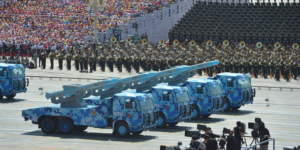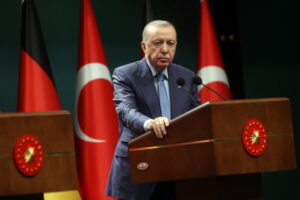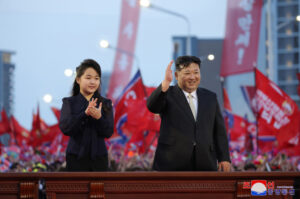“If the U.S. doesn’t hit the brakes and continues to barrel down the wrong track,” China’s Foreign Minister Qin Gang said on March 7, “no amount of guardrails can prevent the carriage from derailing and crashing, and there will surely be conflict and confrontation.” He also spoke of “catastrophic consequences.”
The unusually pointed warning followed that of Chinese ruler Xi Jinping of the day before. “Western countries, led by the U.S., are implementing all-round containment, encirclement, and suppression against us,” he told the Chinese People’s Political Consultative Conference in Beijing.
These comments suggest a marked deterioration in relations between Washington and Beijing. What is happening?
“We have to not rule out the stratagem of empty fortress,” tweeted City University of New York’s Ming Xia, one of America’s most astute China watchers, on March 8.
US approves sale to Germany of Arrow 3 anti-ballistic air defense missile systems
Xia was referring to a tactic employed many times in ancient Chinese history. Perhaps the most famous “empty fortress” tale comes from the Three Kingdoms period when military strategist Kung Ming had to figure out how to repel an invader, Sima Yi, with few troops. Kung appeared on his fortress wall in a confident pose, which convinced Yi to retreat.
In all probability, Xi and Qin were employing this ancient tactic, attempting to intimidate the Biden administration into not enforcing or adopting measures they do not like.
Read more: Gatestone Institute
Ask me anything
Explore related questions





